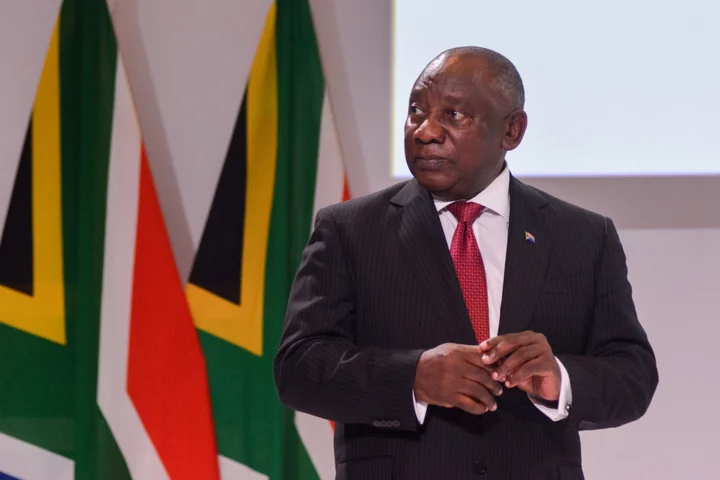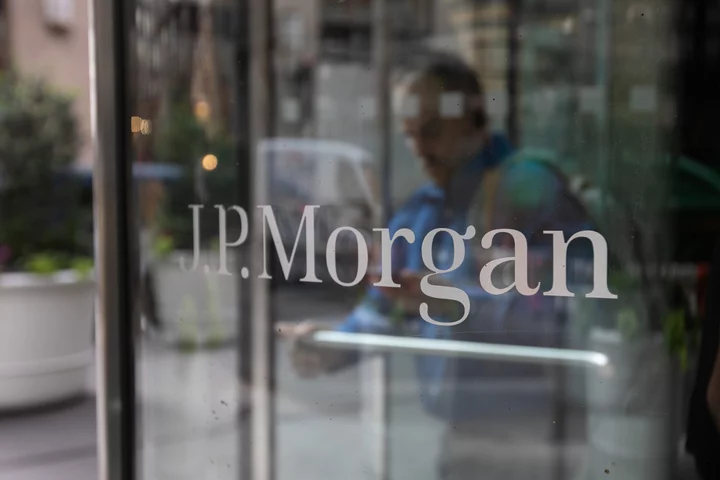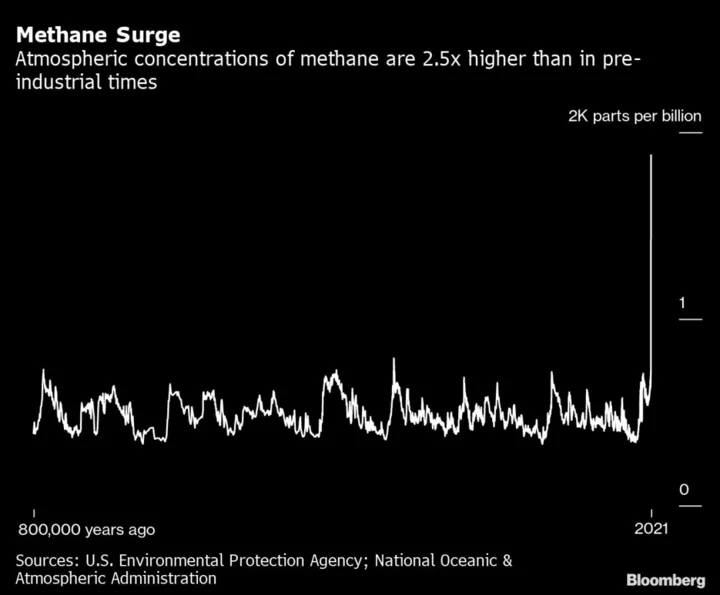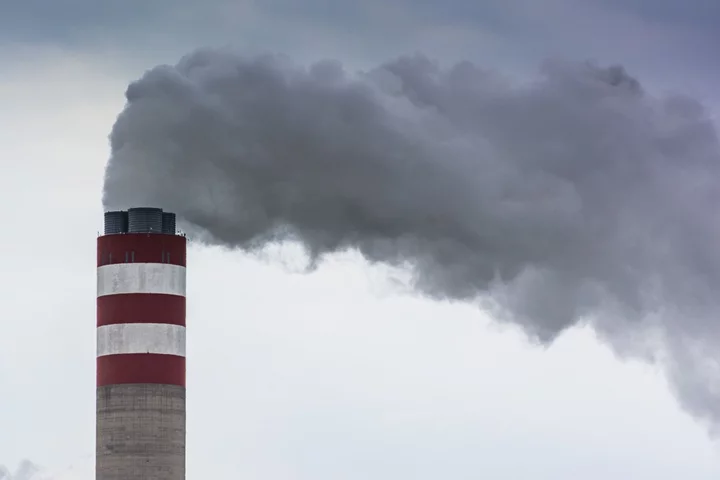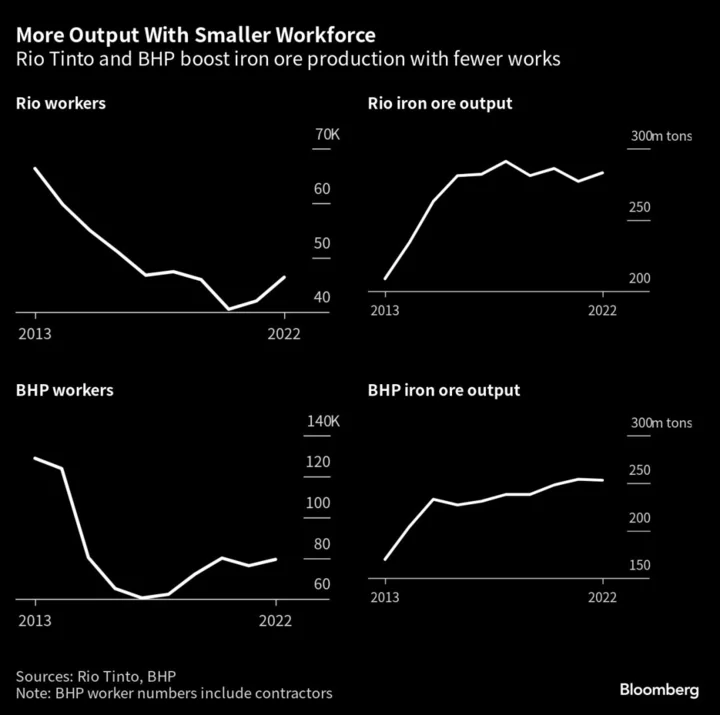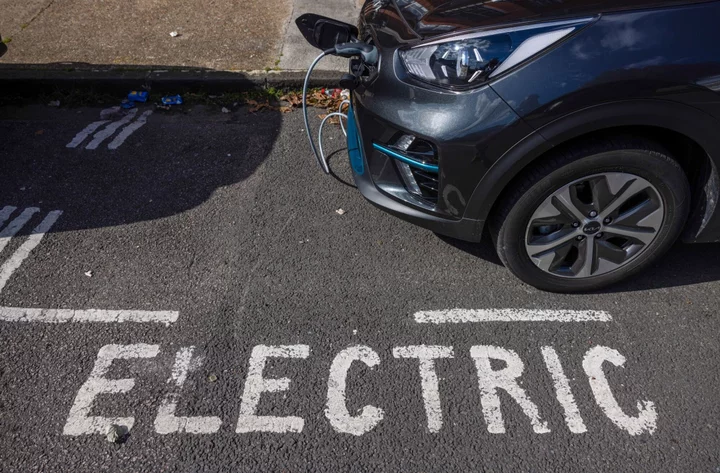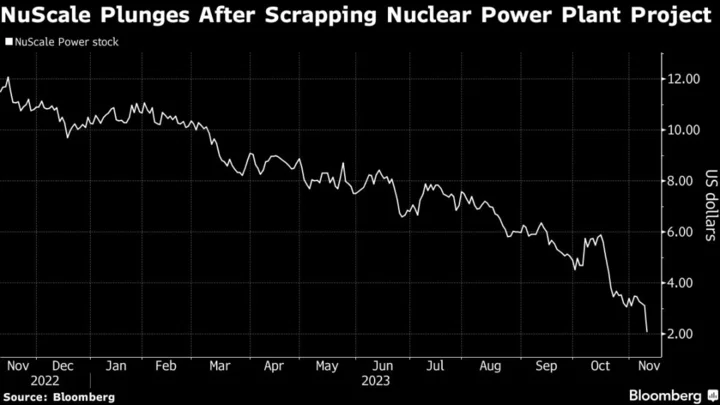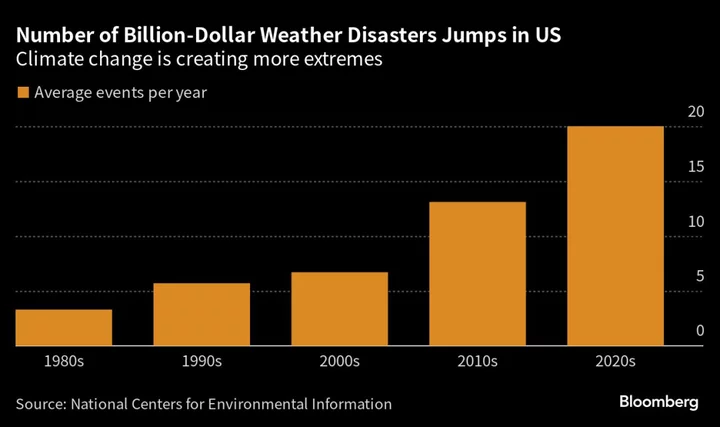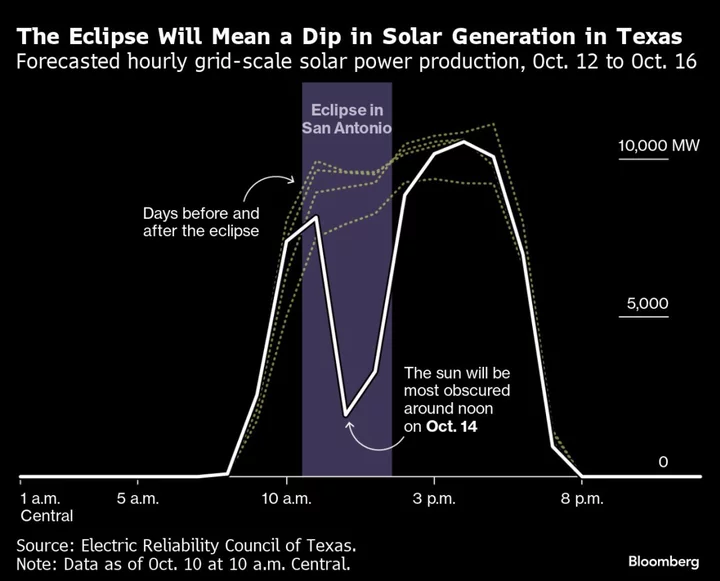South Africa’s Presidential Climate Commission has advised the country, which relies on coal for most of its electricity, to forsake using the fossil fuel for future power generation and to only use a minimal amount of gas.
The commission, in a set of recommendations on how South Africa should structure its electricity system, said a review of the country’s Integrated Resource Plan, or IRP, a blueprint for its energy industry, should include 50 gigawatts to 60 gigawatts of renewable energy by 2030. Only three to five gigawatts of gas-fired plants should be built and they should only be used at times of peak demand, it said.
“There should be no new coal and gas should be kept to the role of peaking support,” the commission said in the report released Tuesday.
South Africa’s President Cyril Ramaphosa appointed the commission in 2020 to advise him on how the country’s power industry should be developed as it moves to reduce its reliance on coal. South Africa is the world’s 14th-biggest emitter of climate warming gases, a large proportion of which are generated from burning fossil fuels.
The recommendations come at a time when South Africa is suffering its worst ever power cuts, with blackouts of more than 10 hours a day, and is opening up the electricity generation industry to private operators.
The commission warned against investment in coal and nuclear power plants because they aren’t “least cost.” Reliance on fossil fuels in the future could reduce the competitiveness of South African export industries as they could be penalized for the carbon-intensiveness of their products, it said. Instead solar, wind and hydro power should be invested in as well as batteries for storage, it said.
The IRP should also include detail on how the national grid will be strengthened and where, it said. The weakness of the grid, especially in undeveloped provinces with the best wind and solar potential, has slowed the adoption of renewable energy.
The commission recommended that the president order an independent study into how electricity is priced in the country. The study should explore how the national power utility, Eskom Holdings SOC Ltd., would be able to recover its costs. It should also recommend how municipalities could modernize their electricity models to allow the purchase of electricity produced from rooftop solar panels and other privately owned plants.
The commission said it “understands” that the updated IRP, will detail how the electricity industry could be developed until 2050 and will, unlike previous editions, detail what’s needed in terms of expanding the transmission grid.

